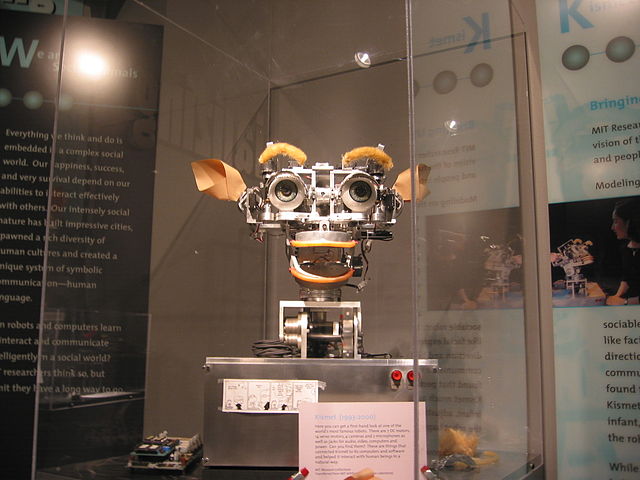Electronic engineering is a rapidly evolving field, and several cutting-edge technologies are shaping its future. These technologies have the potential to revolutionize various industries and improve the efficiency, speed, and capabilities of electronic systems. Here are some cutting-edge technologies influencing the future of electronic engineering:
1. 5G Technology:
- Ultra-Fast Connectivity: 5G technology is ushering in a new era of ultra-fast and low-latency wireless communication. This high-speed connectivity is essential for the development of the Internet of Things (IoT), autonomous vehicles, augmented reality (AR), and virtual reality (VR) applications.
2. Artificial Intelligence (AI) and Machine Learning (ML):
- Intelligent Systems: AI and ML are being integrated into electronic systems to create intelligent devices and applications. From edge computing to smart sensors, AI and ML enhance the capabilities of electronic systems, enabling them to learn and adapt to changing conditions.

3. Quantum Computing:
- Advanced Computation: Quantum computing has the potential to revolutionize computational power. It can solve complex problems exponentially faster than classical computers. Quantum computing is still in its early stages, but it holds great promise for solving problems in cryptography, optimization, and material science.
4. Flexible Electronics:
- Wearable Technology: Flexible and stretchable electronics enable the development of wearable devices with applications in healthcare, fitness, and monitoring. These electronics can conform to the contours of the human body, offering new possibilities for comfortable and unobtrusive sensing.
5. Neuromorphic Engineering:
- Brain-Inspired Computing: Neuromorphic engineering involves the design of electronic systems that mimic the structure and function of the human brain. This approach to computing is expected to lead to more energy-efficient and powerful processors for tasks such as pattern recognition and decision-making.
6. Robotics and Automation:
- Intelligent Automation: Electronic engineering is at the forefront of developing intelligent systems for automation and robotics. These systems use sensors, actuators, and AI to perform complex tasks in various industries, from manufacturing to healthcare.
7. Edge Computing:
- Decentralized Processing: Edge computing involves processing data closer to the source rather than relying solely on centralized cloud computing. This approach reduces latency and enhances real-time processing, making it crucial for applications like IoT, autonomous vehicles, and smart cities.
8. Biomedical Electronics:
- Implantable Devices: Advancements in biomedical electronics include the development of implantable devices for monitoring and treating medical conditions. These devices can interface with the human body to provide targeted therapies and real-time health monitoring.
9. Internet of Things (IoT):
- Connected Devices: The IoT involves the interconnection of everyday devices through the internet. Electronic engineering plays a key role in developing the sensors, communication protocols, and embedded systems that enable seamless connectivity and data exchange between devices.
The future of electronic engineering is characterized by an integration of these cutting-edge technologies, creating a landscape of innovation and transformative possibilities. As these technologies continue to advance, electronic engineers will play a pivotal role in shaping the future of technology across diverse industries.












